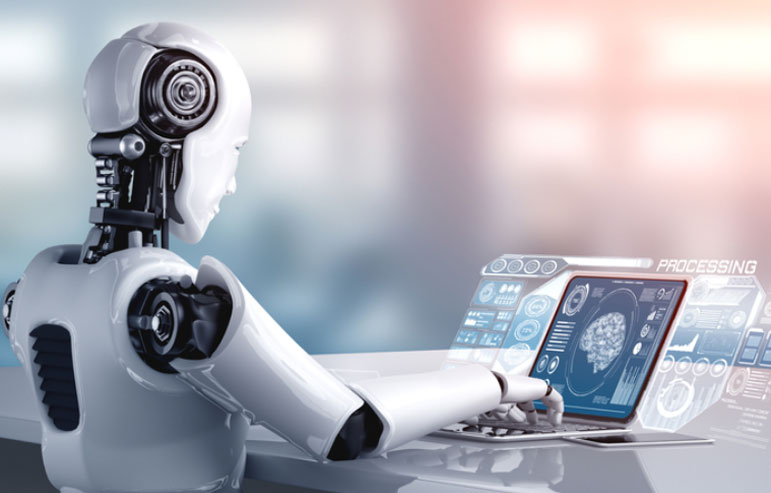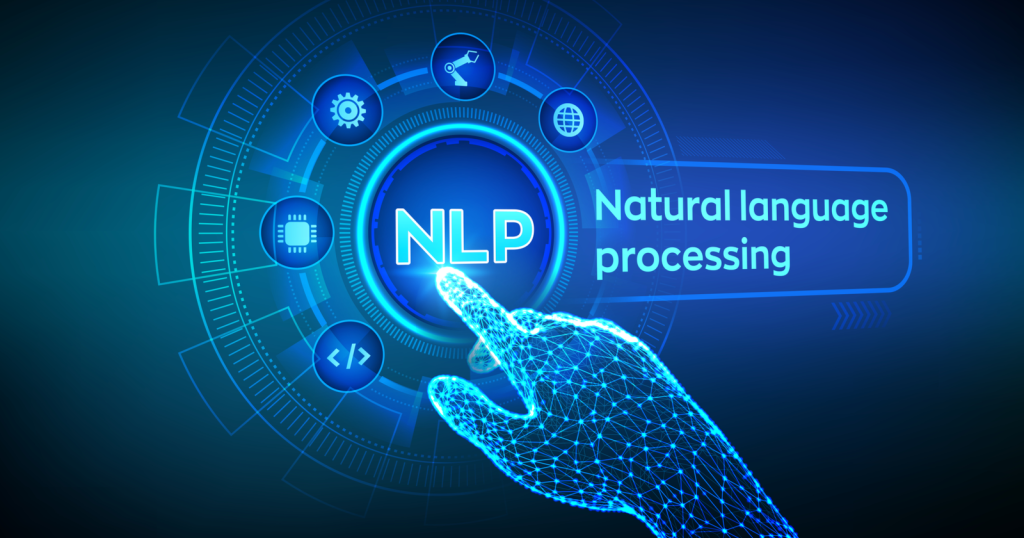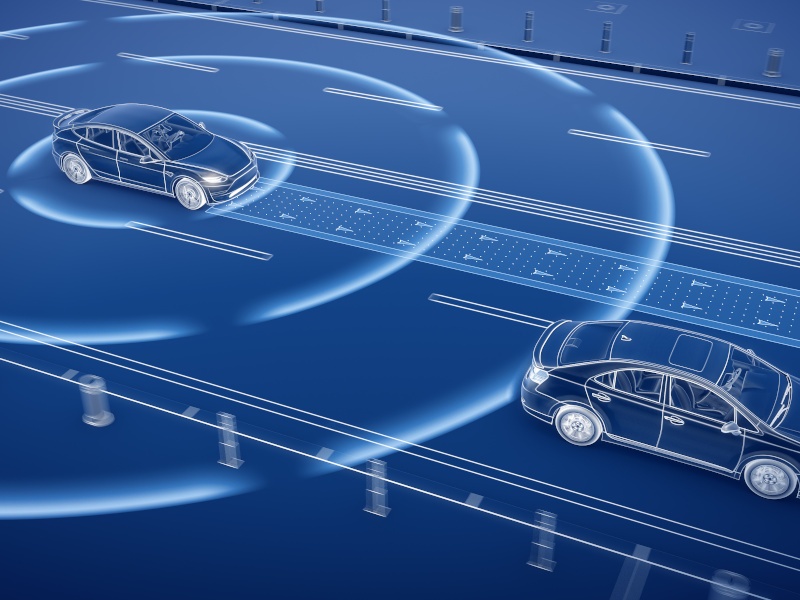
Artificial Intelligence (AI) has become one of the most discussed and fascinating topics in the IT world as it develops at a rapid rate. AI is already having a significant impact on our lives, from self-driving cars to virtual assistants, and its potential for the future is absolutely astounding. However, the subject can be intimidating and challenging for people new to the profession. We’ll examine the fundamentals of AI as well as some recent developments that are influencing this technology’s future in this blog article.
Let’s start by defining AI. AI, to put it simply, is the replication of human intelligence in devices that have been designed to think and learn similarly to people. This can involve activities including hearing speech, comprehending spoken language, and making judgments. There are many distinct kinds of artificial intelligence (AI), including rule-based systems, expert systems, and machine learning, but deep learning is the most sophisticated sort of AI.
In the area of machine learning, AI has one of the most intriguing applications. This kind of AI enables computers to learn from data without explicit programming. To do this, a computer is trained on a sizable dataset before being given the freedom to forecast or decide based on the information. This technology has the ability to completely change how businesses run and is already being employed in a variety of sectors, including healthcare, banking, and retail.

Natural language processing (NLP) is another field of AI that is receiving a lot of interest. AI’s NLP division enables machines to comprehend and respond to spoken and written language. Chatbots that are used for customer support as well as virtual assistants like Amazon’s Alexa and Google Assistant are both powered by this technology. NLP is developing into a key component of AI as voice commands and natural language queries become more prevalent.

In the realm of driverless vehicles, AI has some of the most promises. Self-driving vehicles are already being tested on public roads, and this innovation has the potential to significantly lower the frequency of accidents on the road and enhance transportation for those who are unable to drive. Autonomous vehicle technology is being developed by businesses like Tesla, Waymo, and Uber, and it is anticipated that these vehicles will be publicly accessible within the next ten years.
Finally, it’s important to note how AI is affecting the labour market. Some experts expect that AI will result in a significant loss of jobs, while others think it will open up new opportunities and industries. AI will undoubtedly have a substantial impact on how we work and live, but its effects on the job market are likely to be complex and multidimensional.
To sum up, artificial intelligence (AI) is a complicated and quickly developing science that has the potential to alter how people live, work, and interact with technology. The advancements in AI are already having a significant impact on our lives in a variety of ways, from machine learning to natural language processing and autonomous vehicles. It’s critical to keep up with the latest AI advances so that you can anticipate how this technology may impact your life, your business, and society at large.
